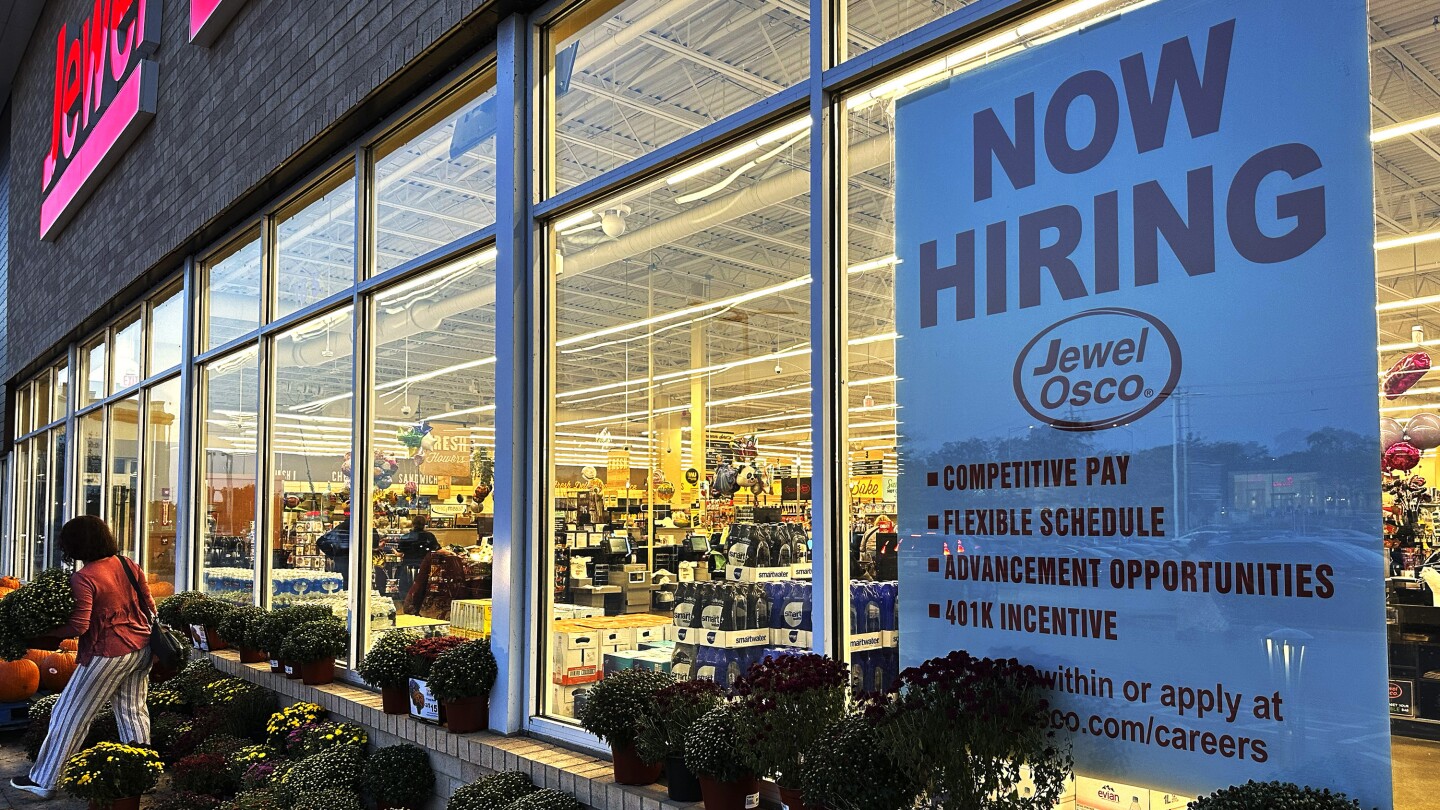NEW YORK (AP) — Most business economists think the U.S. economy could avoid a recession next year, even if the job market ends up weakening under the weight of high interest rates, according to a survey released Monday.
Only 24% of economists surveyed by the National Association for Business Economics said they see a recession in 2024 as more likely than not. The 38 surveyed economists come from such organizations as Morgan Stanley, the University of Arkansas and Nationwide.
Such predictions imply the belief that the Federal Reserve can pull off the delicate balancing act of slowing the economy just enough through high interest rates to get inflation under control, without snuffing out its growth completely.
…
High rates work to slow inflation by making borrowing more expensive and hurting prices for stocks and other investments. The combination typically slows spending and starves inflation of its fuel. So far, the job market has remained remarkably solid despite high interest rates, and the unemployment rate sat at a low 3.9% in October.



Lording economic theory over people won’t make them feel any different about their reality.
I completely agree, but if people are talking about specific elements of economic theory, then we should accurately talk about it. If we don’t hold ourselves to some kind of intellectual standard, then words become meaningless and incredibly easy to twist into fitting whatever agenda you like. A Republican could easily say that inflation has been caused by oppressive taxes and the obvious solution is to slash taxes, mostly for the wealthy of course, but with a mild tax break for the middle class to make it politically palatable. If you know anything about how inflation actually works, you’d know that this would simply make inflation even worse as consumers suddenly have a bunch of new cash to spend, further devaluing the dollar.
Sounds like vibes to me.